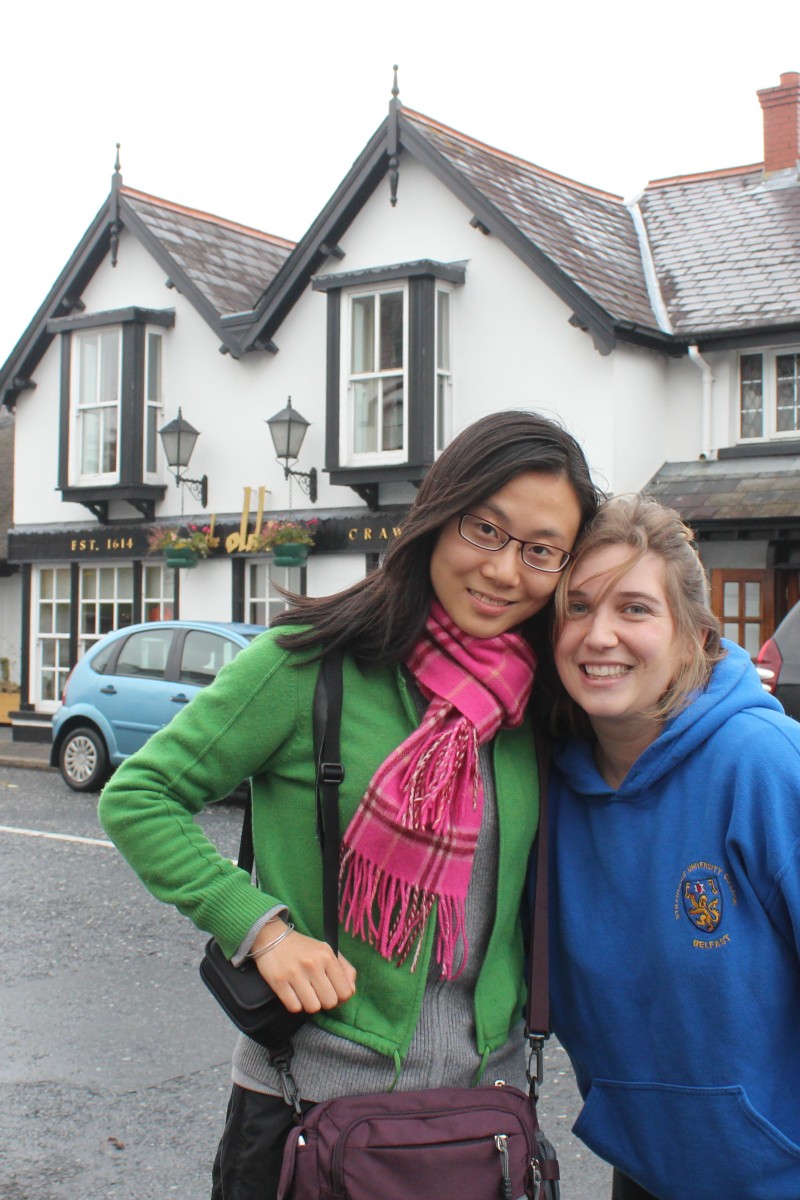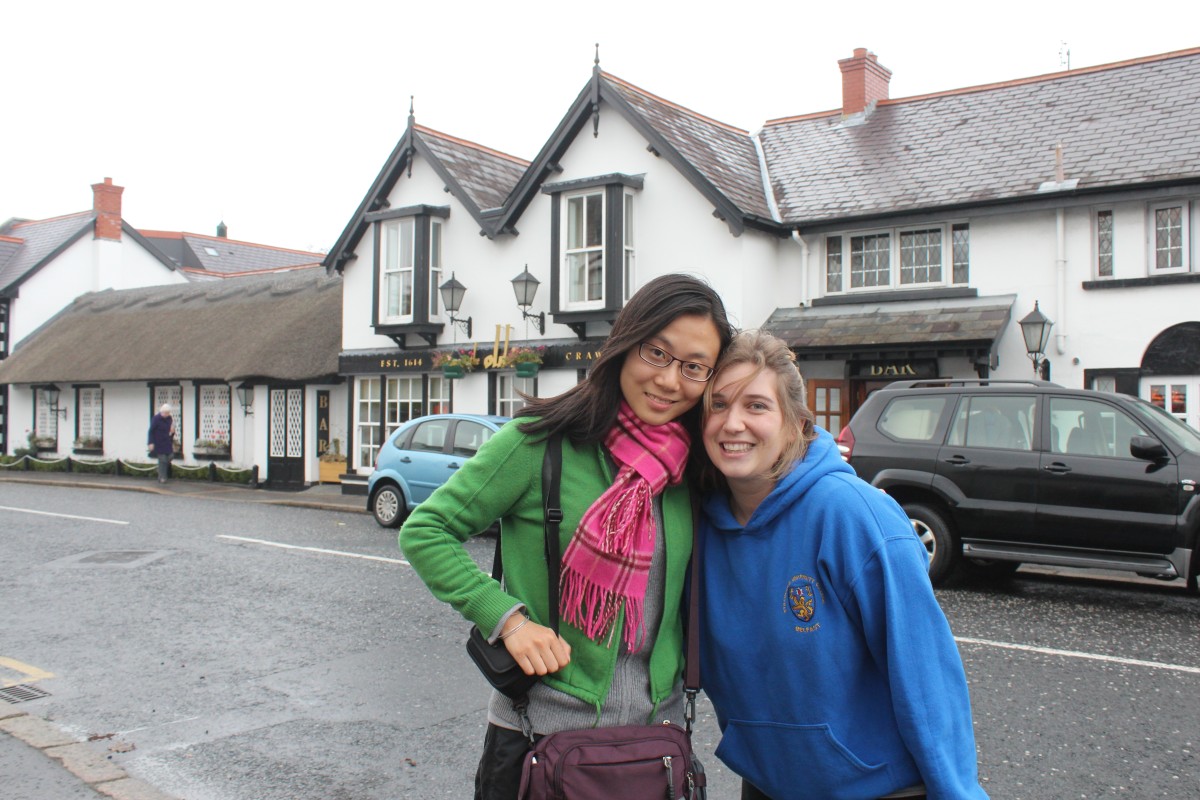
Here’s how EdUHK’s BEd in English Language gives you the opportunities to observe practical pedagogy in other countries
Sponsored Feature
 The immersion component of the programme allows students to live in an English-speaking country for 10 weeks.
The immersion component of the programme allows students to live in an English-speaking country for 10 weeks. English is undoubtedly one of the most commonly spoken languages. Considered a lingua franca in many parts of the world, it is used in important domains such as diplomacy, business, science and education.
In order to keep improving the English proficiency of Hong Kong students, the demand for quality English teachers remains high. The five-year Bachelor of Education (Honours) (English Language) (BEd (EL)) – Secondary programme at The Education University of Hong Kong (EdUHK), which is the flagship programme of the Faculty of Humanities, is one programme that attracts not only local students, but also those from the Mainland, Taiwan, and nearby countries such as South Korea, Malaysia, Myanmar, Thailand and Vietnam.
Dr Wang Lixun, Associate Professor at the Department of Linguistics and Modern Language Studies of EdUHK, and programme leader of both the BEd (EL) programme and the Bachelor of Arts (Language Studies) & BEd (EL) Co-terminal Double Degree programme, said, “This programme is attractive to students, as English is an important language and the programme promotes internationalisation.”
He also mentioned that graduates of the programmes are highly employable; the employment rate of last year’s graduates was 95 per cent, and the remaining five percent went on to further studies. High proficiency in English language, literature and culture - and being fully trained in this discipline means the graduates are highly competent in this subject area.
A compulsory part of the programme is an immersion component, which provides an opportunity for students to live with a local family and study for 10 weeks at a university in an English-speaking country, the list includes Australia, Canada, New Zealand and the United Kingdom.
Learning about different cultures is a key part of the immersion programme. During the 10 weeks in the host country, the students are exposed to English all day through interaction with the host family, students, teachers and others they meet during the course of the day. “By communicating with locals, they are able to practise the language and learn about the culture [of the country]. They visit local historical sites, interact with the community and complete an ethnographic project.”
For the ethnographic project, the students carry out research on a topic that interests them in the local community. For example, they may choose to visit local shops and observe how the local people serve customers, or how they manage the shops. They may also choose to study topics they are interested in, such as gay and lesbian rights, and how people in Hong Kong and the host country think differently about these issues; or they may study the native people of a country and visit their communities to learn about their culture and language. “One group of students who went to New Zealand studied Maori culture - the language, songs and traditions - and presented it. The immersion programme has been highly, highly beneficial for our students,” Dr Wang said.
During immersion, the students are also given a school attachment, allowing them to work with host country teachers to learn about how they teach. Dr Wang added, “They pick up ideas that they could never get in a classroom in Hong Kong. This broadens their horizons, and the students see what others are doing in the same field. They analyse the methods and adopt some of the ideas that will work for classrooms in Hong Kong.”
Find out more about the programmes on offer at www.eduhk.hk/degree
